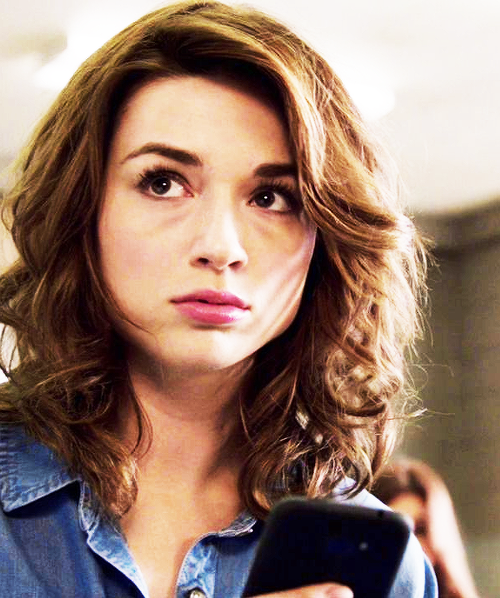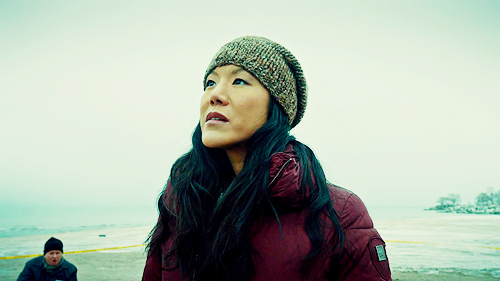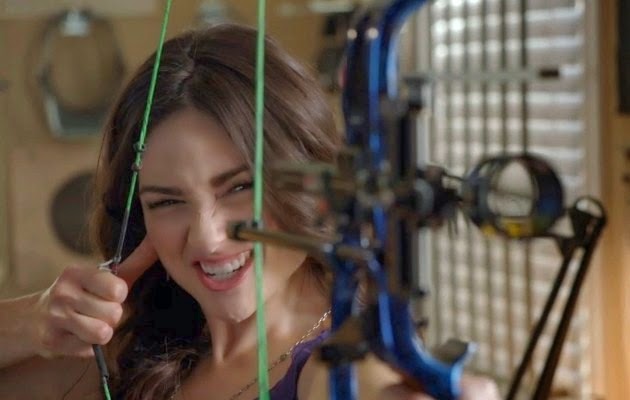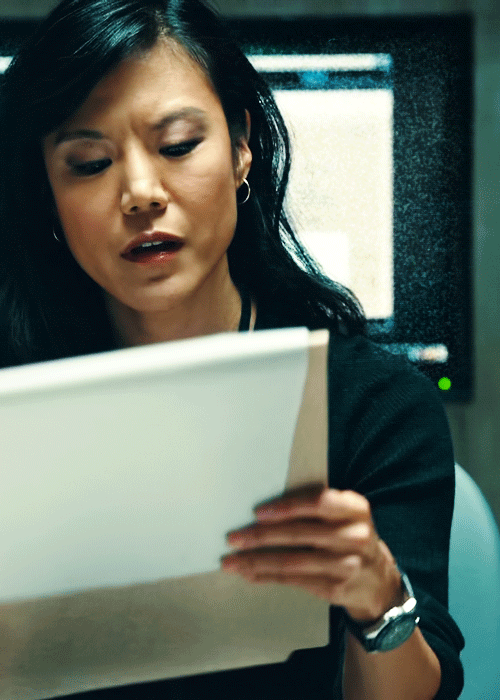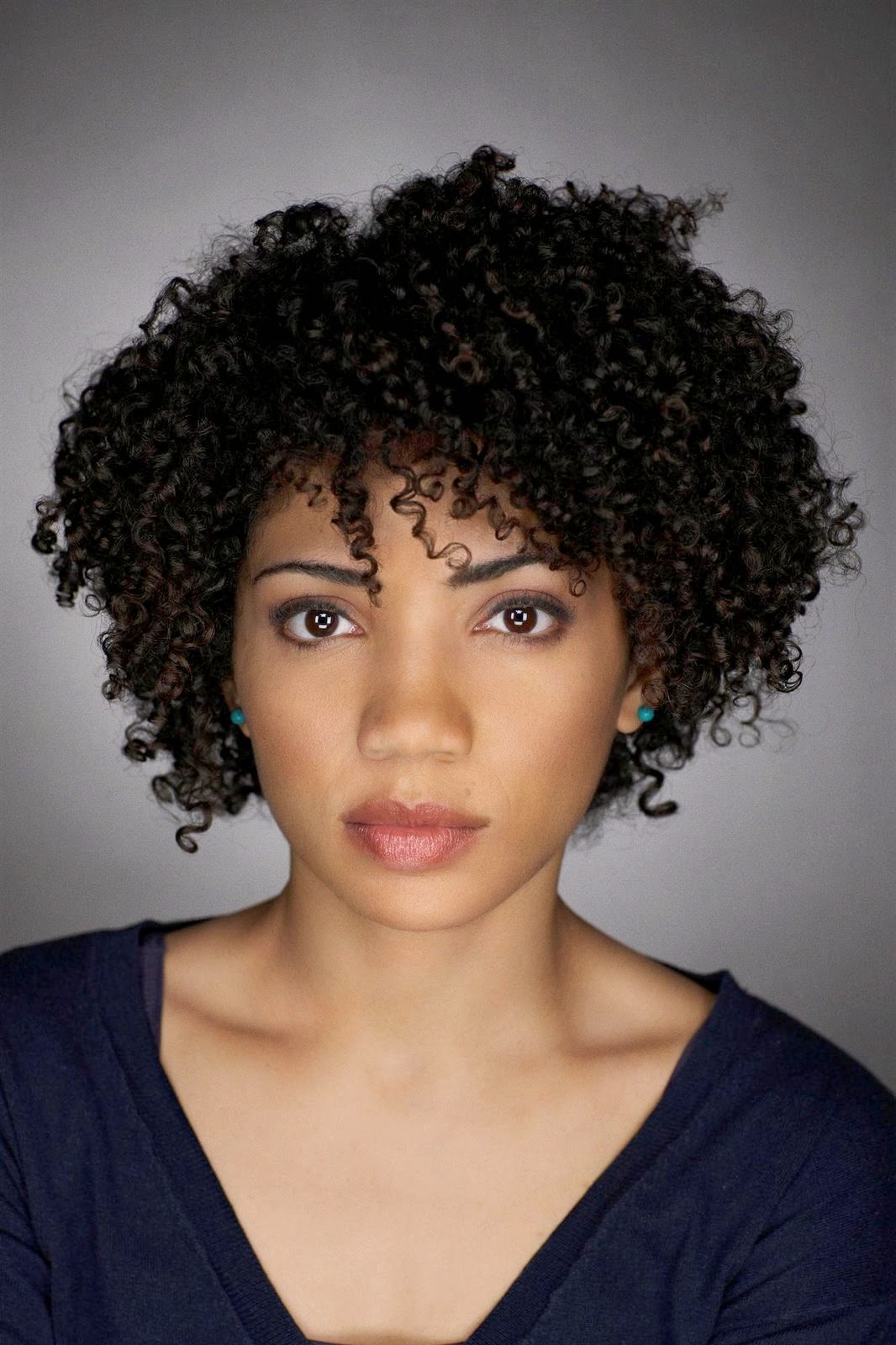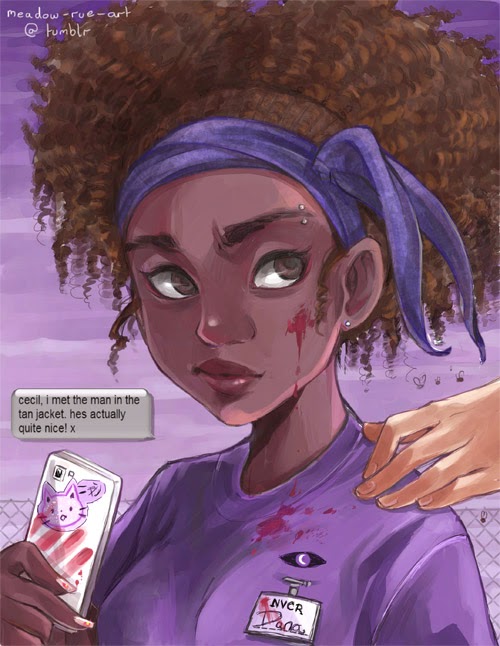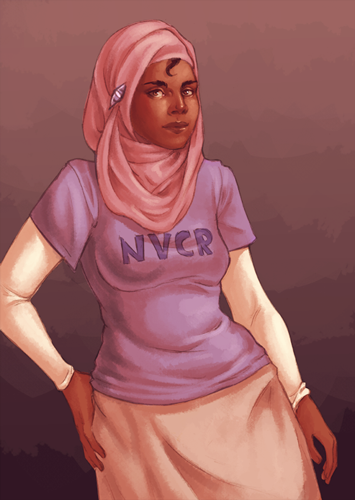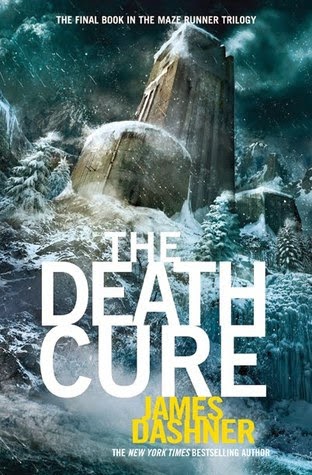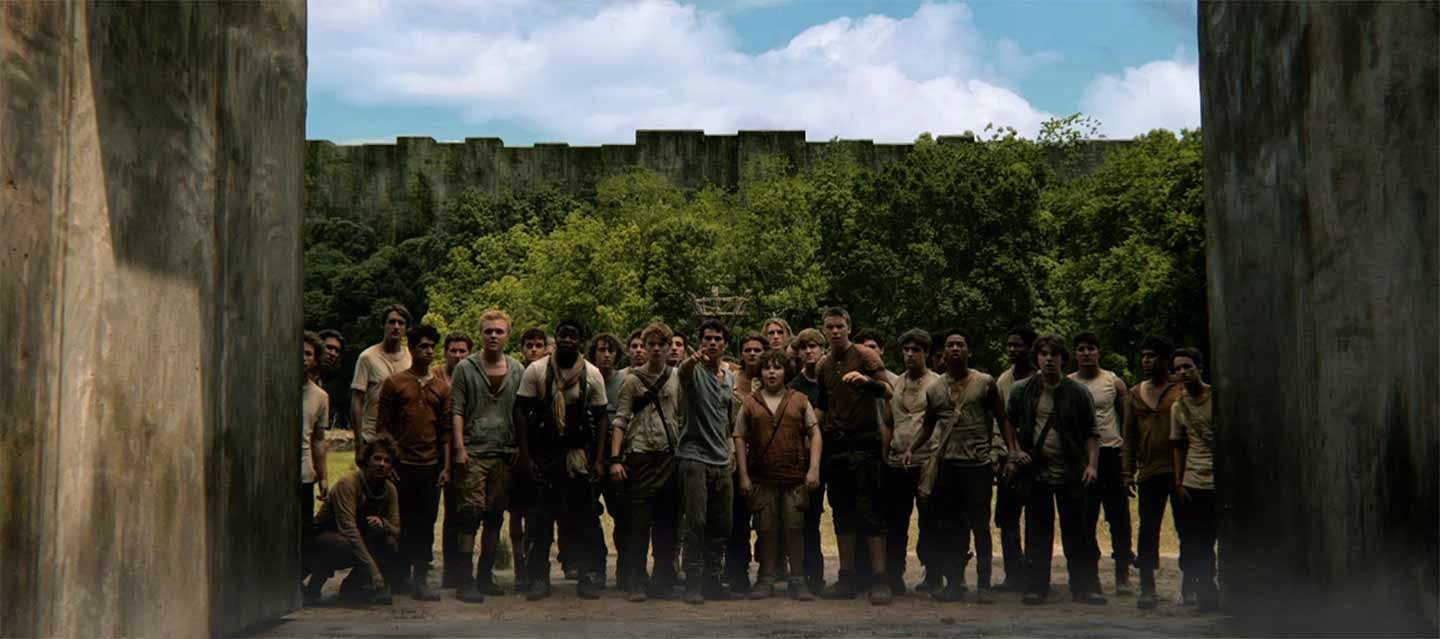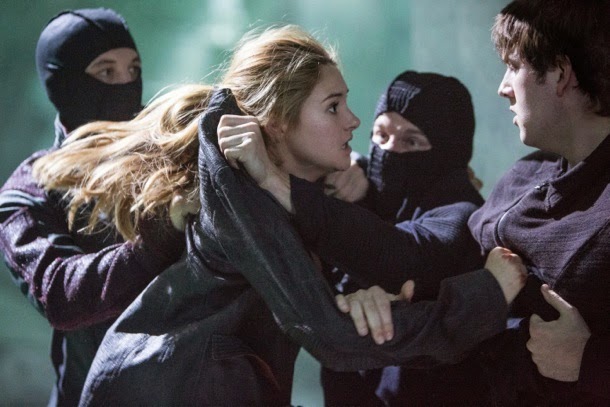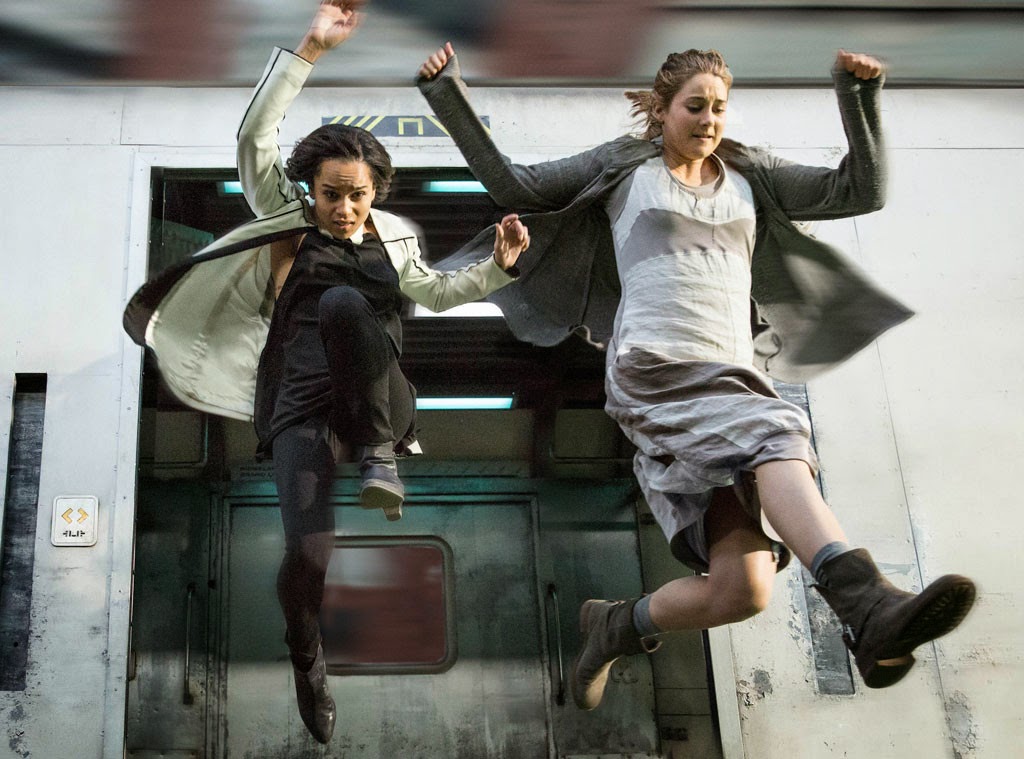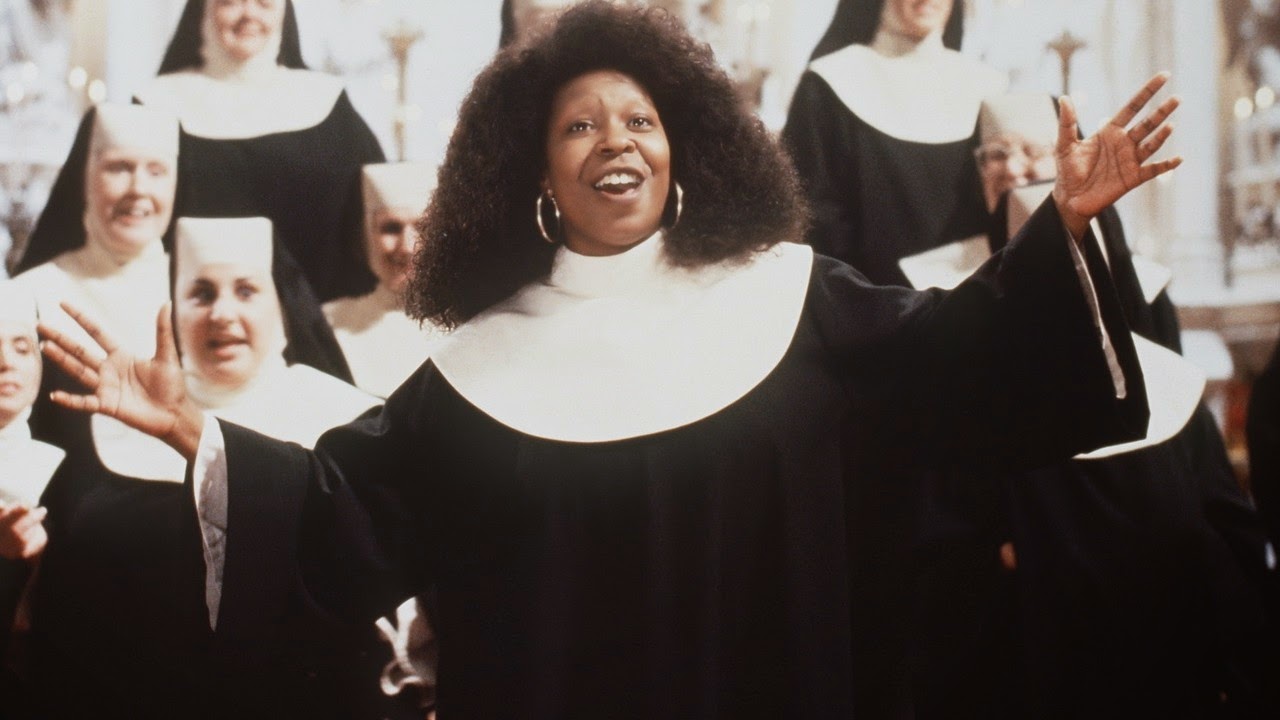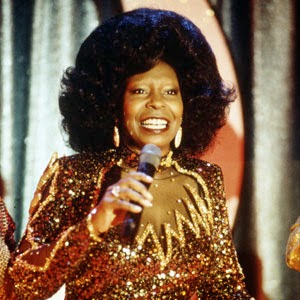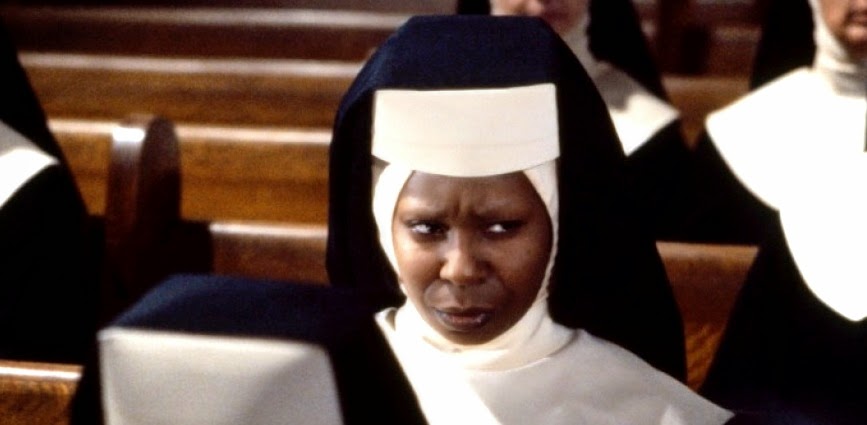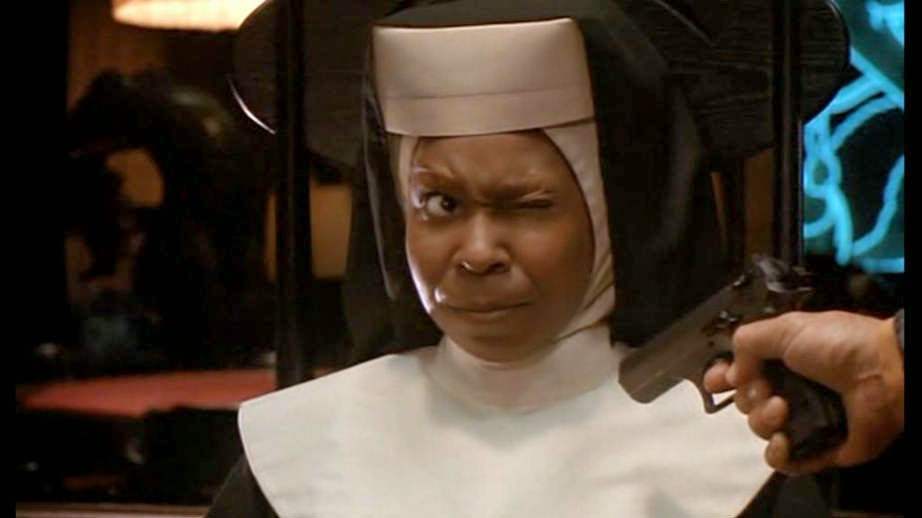And I tend to get a little bit more ticked off when it's a female character who dies on a show that I watch that has a bad habit of killing off female characters. It's even worse when they don't have a habit of killing off the male ones.
SPOILERS, from this point out because this whole article is spoilers.
Needless to say, I was a bit less than thrilled when, in the space of one week, two of my favorite female characters on two of my favorite shows happened to die. Though, given the rate that female characters tend to drop, I'm surprised this hadn't happened earlier.
I refer, of course, to the frustratingly timed deaths of Teen Wolf's Allison Argent (Crystal Reed) and Hannibal's Beverly Katz (Hettienne Park). Both of them were cool, interesting, well-written (for the most part) female characters, and both of them died well before their time - taken out, in one case by a vengeful samurai spirit controlled by a fox trickster spirit, and in the other by a cannibal who thought she knew too much. So, not a good day on either end.
The sad thing is, though, that I probably wouldn't have thought much of this if both actresses hadn't gone on record to defend their deaths. I mean, I probably would be pissed, because I like Beverly and Allison, but I wouldn't necessarily find it weird or odd that they both died. I would find it sexist and irritating and move on.
But. They did both write articles or give interviews talking about why it was important that their character dies. Crystal Reed spoke out in an interview, explaining that it was her decision to leave Teen Wolf, citing the massive age difference between her and her character (twelve years, which is a lot), and the fact that she wants to do more artistic work). Hettienne Park wrote a lengthy blog post where she went through the logic of her character's death and thanked her fans for loving her, but tried to convince them to stop hating on Bryan Fuller (the showrunner) for killing her off.
Both of them had valid points: Crystal's character was killed because she wanted to leave the show, and Hettienne's because it made logical sense in the progression of the story.
The thing is, I'm still upset. I'm still pissed that they both died. More than pissed. Livid. Because while I recognize that in this case both of those characters had reached their natural end points, there is still a culture of dead women all around us, and the justification of two deaths doesn't make up for the slaughter of hundreds.
Let's take them one show at a time.
Teen Wolf already had me on edge this year because of their utterly not stellar track record with female characters. In the only three seasons that the show has been airing, two of which were only 12 episodes each, they have already killed off almost all of the major female characters: Kate Argent, Victoria Argent, Erica Reyes, Kali, Jennifer Blake, and now Allison. Then there are the female characters who were dead before the show began: Claudia Stilinski, Mrs. Lahey, Talia Hale, Laura Hale, and Paige. Oh, and let's not forget the female characters who have mysteriously disappeared or just never been referred to again: Cora Hale, Ms. Morrell (sure she comes back sometimes, but it never makes sense).
Finally, we have the female characters left standing: Lydia Martin, Melissa McCall, Kira Yukimura (new this season), Malia Tate (new this season), and ... some moms, I guess? Not sure. It's slim pickings.
I feel like I shouldn't have to make a point after listing out all of that, but I will anyway. Teen Wolf has a horrifying attrition rate for female characters. They die. A lot. And while the male characters who die are usually remembered fondly, and, often, brought back to life by the help of vengeful magic, the female characters stay, with one exception, very dead. Also, the male characters die as a result of their own actions. The female characters are, with very few exceptions, collateral damage.
All of this sets the stage, then, for Allison's big death scene. From a storywriting standpoint, I understand why it was written this way: for the Nogitsune plot to have satisfying stakes, it needed to kill someone, ideally someone beloved on the show. From a producer's standpoint, since Crystal Reed wanted out, it made perfect sense to have her be the Nogitsune's victim. Easy peasy.
But it's not. It's not that simple. Because even though this one character had a good reason to die, and even though this one time it was somewhat justified in the narrative, that doesn't excuse all of the other times it wasn't. I'm not mad about Allison dying. Not really. I'm mad about Erica and Jennifer and Laura and so, so much more.
Now let's talk about Hannibal. Funnily enough, for a show about a serial killer, it actually has a much lower death rate among the main cast than Teen Wolf. Still, of the characters who have been an integral part of the show and then dramatically bit the bullet after finding out Hannibal's secret, both of them have been women: Abigail Hobbs (Kacey Rohl) and the aforementioned Beverly Katz.
I find this show in general less problematic, because of the intentional lack of sexualized violence against women - Park actually mentions in her article that they wrote her fight scene with Hannibal to be relatively brief because Fuller had no desire to show Park's character being beaten violently - but that doesn't mean it is without its flaws. Even though it makes perfect sense why both Abigail and Beverly had to die, and the timing of their deaths was quite well thought out, that still doesn't change the facts of the matter: two women down, no men. At least, not any men we cared about.
It's less noticeable here, because the sample size is smaller, but I feel it important to point out that the same dynamic applies: the women who have died on this show, or who have been wounded or attacked, have been hurt as a result of collateral damage, and rarely because of their own actions. While Beverly did die because she got too close to the truth of who Hannibal is, it doesn't feel right to say that she died because of her own actions. She died because Will pushed her towards the truth.
And while I appreciate this show a lot for its portrayal of women - Beverly Katz is amazing as a role model, I wish we got to see more characters like her, and not just because she plays an Asian-American Jew - it still smarts a little. I want to see women live and thrive. And not just die all the time.
Which brings us back around again to the topic at hand. Women dying. A lot. All the time.
Too much.
I've been slowly reading through the Game of Thrones books recently, in all of my spare time, and I've noticed a couple of changes from the books to the TV show. A lot of that makes sense, sure, because books and TV are really different media, but still. One of the things I noticed, and the thing that has hands down bothered me the most, is the violence. The violence has been amped up, especially against women. Actually, almost exclusively against women.
In translating Game of Thrones for a television audience, it seems that the writers thought they needed a little bit more punch. And by punch, apparently they mean sexualized violence against women. It's everywhere. From Joffrey's sadistic treatment of prostitutes to the casual death of Roz to Khal Drogo and Dany's wedding night, the source material was amped up, or changed outright, to make the story more salacious. More vicious to the women involved.
I think it says something deeply terrifying about our culture that we are so inured to the sexualized violence we see every day and to the way that female characters are marginalized and abused and killed, that I wasn't surprised when two prominent female characters were killed off in the same week, I was shocked that the actresses were okay with it.
If you take anything away from this rather long rant, I hope you understand that. It's not that the deaths of Allison and Beverly were in and of themselves bad. Nope. I actually think both of those were well written and generally well done.
The problem is all of the other deaths, the ones that make these two just two more in a string of statistics. The problem isn't that Allison died, it's that Erica did. The problem isn't that Beverly died, it's that female characters are generally considered disposable.
The problem isn't this case, it's all the other ones.
 |
| I'm going to miss you both. |

